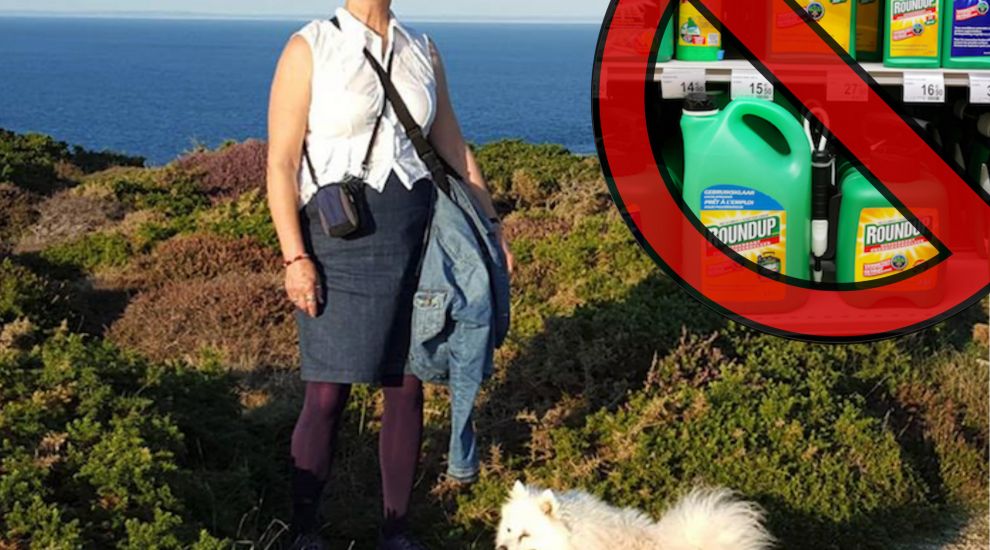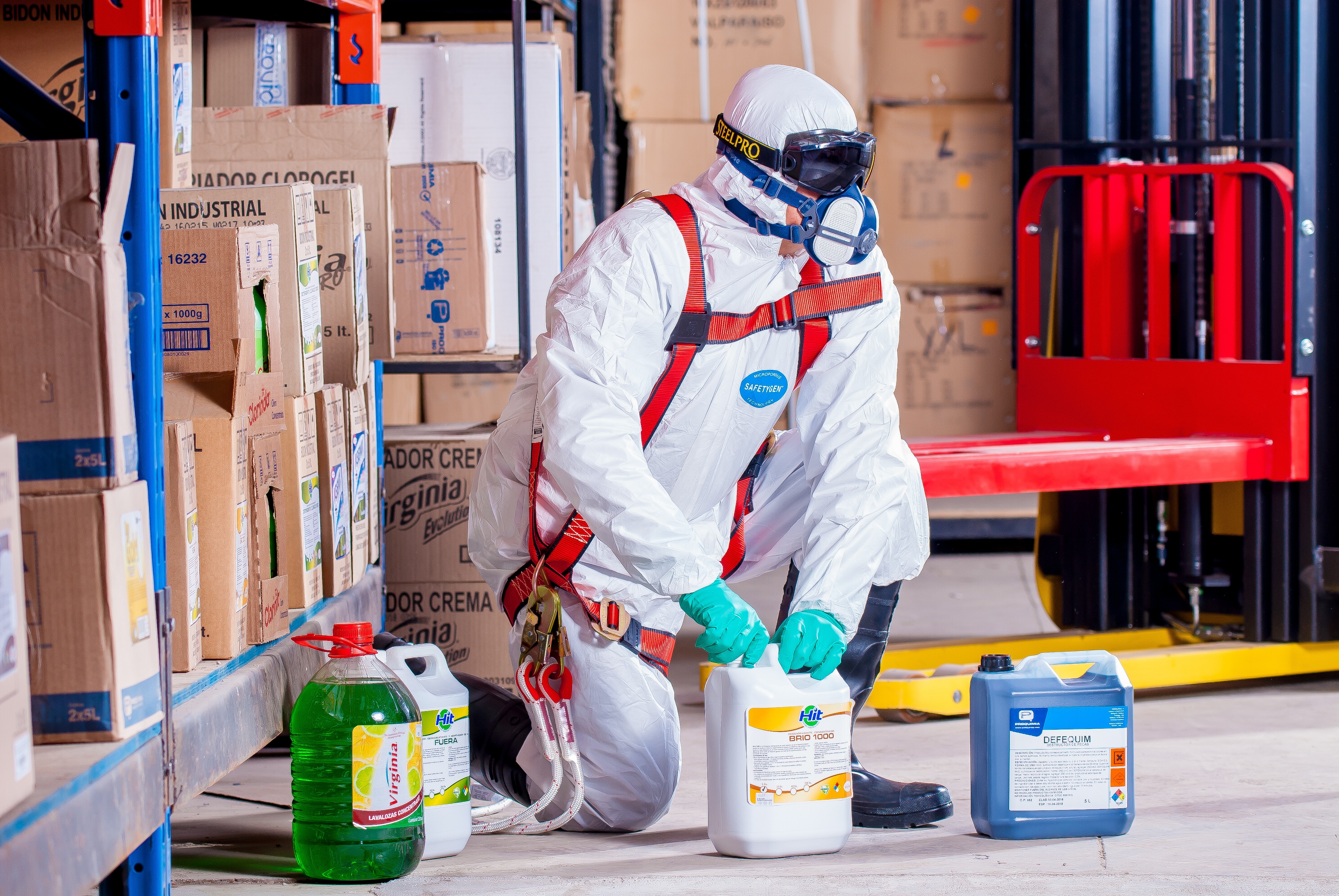

A dog owner whose Japanese Spitz died from exposure to a highly toxic pesticide is urging the States to restrict the use of crop chemicals after popular weedkiller Roundup was linked with a terminally-ill man’s cancer in a $289million lawsuit.
Lallie Clarke, whose 10-year-old dog Cyrena died after coming into contact with banned pesticide Phorate around Beauport and Les Creux, says that the recent case between multi-national Monsanto and retired groundskeeper Dewayne Johnson, shows the threat pesticides and herbicides pose to the health of humans and animals.
Mr Johnson used weedkiller Roundup, while working for a school. His face would often come into contact with the product in windy conditions, with Mr Johnson becoming soaked in the product on one occasion when a hose broke.
A US jury last week found that Roundup had been a “substantial factor” in Mr Johnson’s non-Hodgkin’s lymphoma diagnosis in 2014. Furthermore, Monsanto were found to have failed to “adequately warn” of the danger, even though the risks were known by the scientific community.

Pictured: Dewayne Johnson, surrounded by his lawyers, speaks to the media after the hearing. (AP Photo/Paul Elias)
Glyphosate, the key chemical in Roundup, is already banned in several countries around the world over fears that it may be carcinogenic, while France recently pledged to phase it out by 2022.
But Ms Clarke has expressed concerns that the Environment Department have not taken a similar position; the Department dismissed a potential ban as “unreasonable and unjustified” last year.
"If you ask gardeners they will tell you it is safe to use, but then why are they in protective gear to spray it? Surely as gardeners they should be working with the nature not against it, otherwise they start on a path of doom and destruction. I think there should be a cleared division between farmland where herbicides and pesticides are used as part of the activity and public pathway."

Pictured: Ms Clarke wonders why gardeners wear protective gear to spray produce that are claimed to be "safe to use."
She explained: "It shouldn't be used on private land but the fact it is used on public land is absolutely unacceptable. It definitely should not be used on public land where people walk their children or their dog. You literally take your dog's life in your hands while walking on roads where they could be sniffing kerbs that have been sprayed.
"I used to be a trusting person but not anymore," Ms Clarke added. "I could have had two dead dogs that day. You are expecting to be safe but you can't trust what people tell you. Glyphosate should be banned for public use."
A States spokesperson told Express that Environment officials had read the latest case “with interest” and were currently “considering” how to proceed, but warned that there would be little change any time soon.
They commented: “As it stands there’s no scientific evidence we are yet aware of that we should be changing our advice.
“We would emphasise that because there is limited capacity in Jersey to assess toxicity, we rely upon and follow the EU for approval of glyphosate and the UK for the authorisation of glyphosate-based herbicides (GBHs).
“The systems which provide these authorisations and approvals are rather cumbersome and slow to react so it’s not likely that there will be any changes to glyphosate or GBHs soon, but if on the back of this the EU withdraws the approval for glyphosate and the UK ceases to authorise GBH products, it is inevitable that we would follow suit.
“Until we reach a point to the contrary, and where EU and UK advice has taken the lead, our advice stands: that it’s safe as long as label/manufacturer’s instructions for use are followed.”
Comments
Comments on this story express the views of the commentator only, not Bailiwick Publishing. We are unable to guarantee the accuracy of any of those comments.